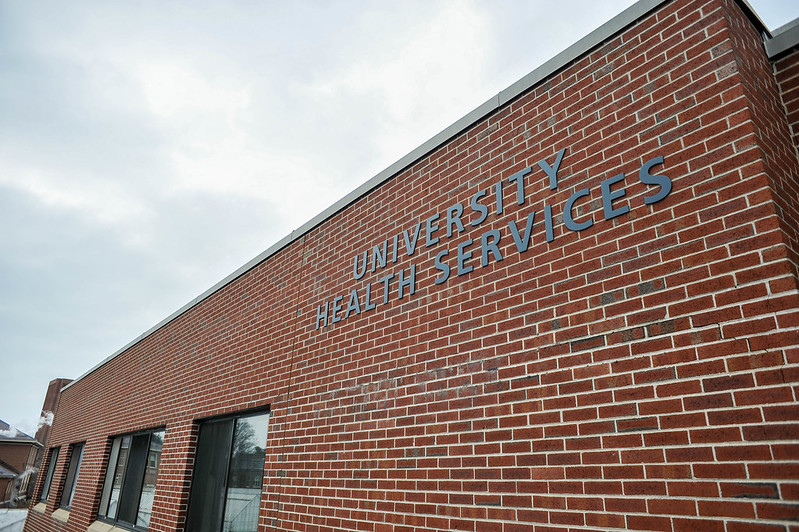Transgender health care has been a contentious issue in recent years as the outcry for more accessible and trans-specific care has grown. But what does this mean?
Transgender health care can include hormone replacement therapy and gender-affirming surgery, which can be part of the transition process alongside other legal changes, like the changing of names and pronouns on official documents.
Some of those services are offered at University Health Services at the University of Massachusetts, but many of my trans peers and I have had trouble accessing these necessary services because of the long wait times and insurance issues. I acknowledge that these obstacles are not unique to trans people trying to receive proper care, but for a school that prides itself on its inclusivity, the roadblocks for transgender students are disheartening.
According to the Center for American Progress, nearly half of all transgender adults experience mistreatment or discrimination by their health care provider. This includes health care providers intentionally misgendering or using the wrong name for their trans patients and being physically rough or abusive during treatment.
President Joe Biden and his administration expressed support for the protection of transgender Americans, saying“Pride is back at the White House,” state legislatures across the country are fighting back. Rep. Virginia Foxx went so far as to claim these efforts by the White House are “nothing more than a conduit for the Left’s woke agenda that will demolish due process rights and the safety of young women and girls across the country.”
Bills like Arkansas’ HB1570 ban transition-related care like puberty blockers for trans minors and encourage insurance companies to refuse to cover transition-related care for all trans people. That’s extremely dangerous to transgender youth, who are more likely to attempt suicide than their cisgender counterparts if they don’t get treatment.
Trans people face a lot of roadblocks to getting care already. If they’re supposed to have access to health care easily on campus, why is it so difficult? In talking to some of my friends and comparing their experiences to mine, we all had similar struggles getting treatment. When trying to get on hormones, we were given appointments for consultations months in advance — if we even got to talk to someone at all.
Trans people who were already on hormones before coming to UMass have had difficulty transferring their prescriptions to UHS. If a student wants long-term gender therapy, they are expected to find a local gender therapist that takes their insurance and specializes in issues specific to the trans experience. The system is inefficient and fails to meet the demands of the students at seemingly every turn.
UMass takes pride in being one of the best campuses for LGBTQ+ students, but these difficulties point to the contrary. Although UMass is one of under 200 universities that even offers resources geared towards trans people on campus, there is room to improve. The available services are good, but the system needs an overhaul.
The solution is making trans health care provided by UHS more accessible by hiring more staff and nurses to handle demand and offer appointments closer to the time students call. Regular, widespread counseling on campus wouldn’t just benefit trans students, it would help all students struggling with their mental health. We’re paying for these services, why aren’t they accessible?
UMass offers access to transgender health care but it’s not enough. If students struggle to take advantage of it, it feels like just another marketing strategy.
Antinoe Kostopoulos can be reached at [email protected].



















